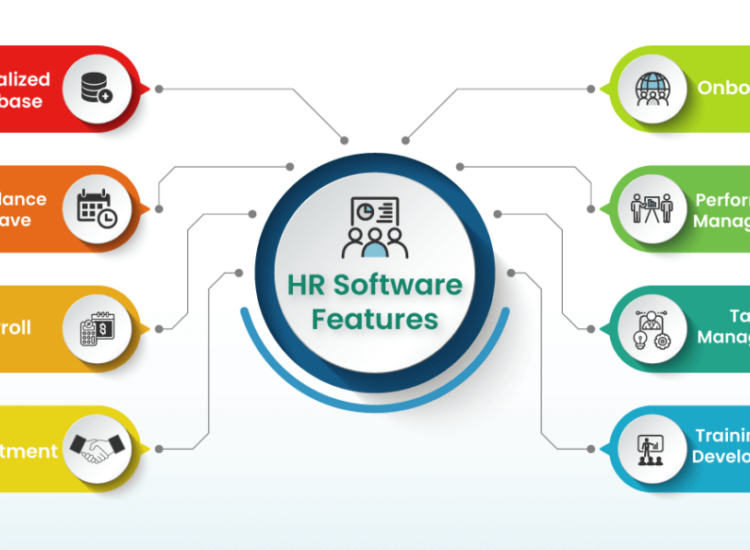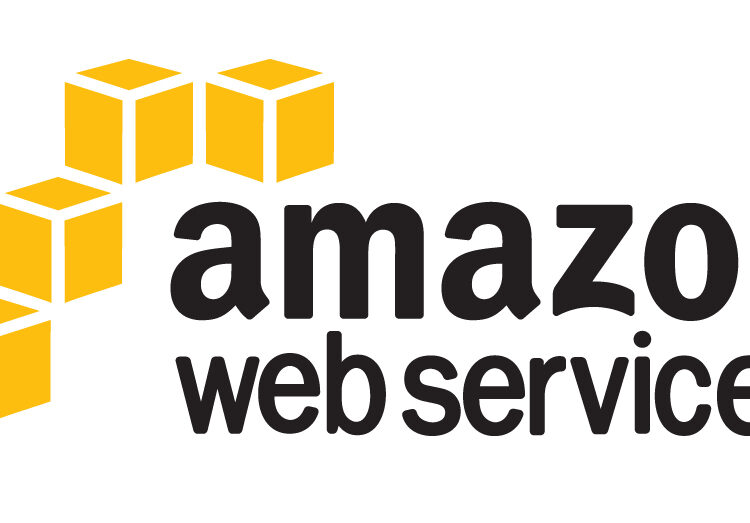SAP Cloud ERP (Enterprise Resource Planning) is a powerful tool that enables businesses to streamline their operations, gain real-time insights, and increase efficiency. The cloud-based solution provided by SAP offers a wide range of capabilities for different business functions, such as finance, procurement, supply chain management, human resources, and more.
Toc
Introduction
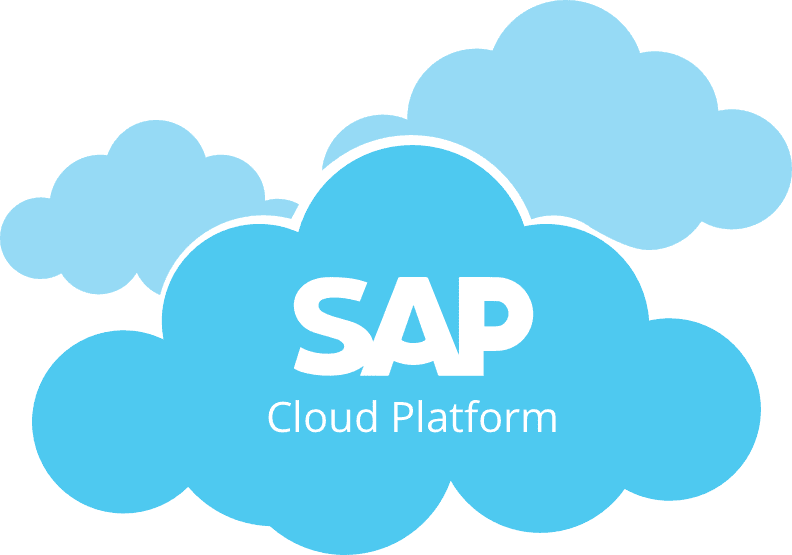
In today’s fast-paced digital world, enterprise businesses need robust and flexible solutions to stay competitive. SAP Cloud ERP is emerging as a pivotal tool for enterprises looking to streamline their operations, enhance decision-making, and secure sensitive data. This article explores the key benefits of SAP Cloud ERP, backed by real-world case studies that highlight its transformative power.
Streamlining Operations
SAP Cloud ERP integrates all core business processes, eliminating the need for multiple systems and manual workarounds. This integration ensures seamless flow of data across departments, facilitating faster decision-making and reducing errors. Additionally, SAP’s modular approach allows businesses to choose only the functions they need, making it a cost-effective solution for businesses of all sizes.
Real-time Insights
With SAP Cloud ERP, businesses have access to real-time data that enables them to make informed decisions. The cloud-based solution provides a single source of truth for all data, eliminating silos and ensuring consistency across the organization. This real-time visibility into key business metrics helps businesses identify patterns, trends, and areas for improvement.
Increased Efficiency
SAP Cloud ERP automates routine tasks and provides intelligent insights to help optimize processes. This improves efficiency by reducing manual work, freeing up resources to focus on more critical tasks. For example, automated supply chain management can reduce lead times and inventory costs, while automation in finance processes can streamline invoice processing and improve cash flow management.
Comparison with Other ERP Solutions
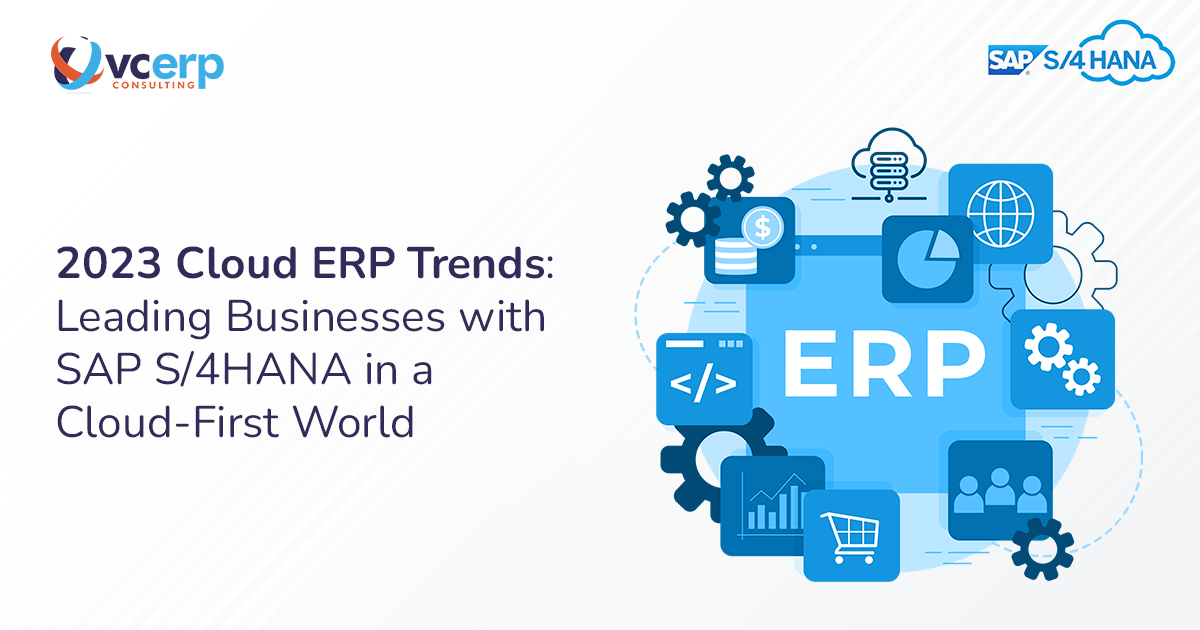
While SAP Cloud ERP offers comprehensive features, it’s essential to understand how it stacks up against other ERP solutions in the market. Below we compare SAP Cloud ERP with two other popular ERP systems: Oracle ERP Cloud and Microsoft Dynamics 365.
Oracle ERP Cloud
Oracle ERP Cloud is known for its robust financial management capabilities and strong analytics. Like SAP, Oracle offers a modular approach so businesses can implement only the features they need. However, Oracle’s platform is particularly strong in areas like advanced financial planning and budgeting. Despite these strengths, some users find Oracle’s interface less intuitive compared to SAP Cloud ERP, leading to a steeper learning curve. SAP also has an edge in the depth of its industry-specific solutions, which can be crucial for businesses requiring tailored functionalities.
Microsoft Dynamics 365
Microsoft Dynamics 365 stands out for its seamless integration with other Microsoft products, such as Office 365 and Power BI. This tight integration can be a significant advantage for businesses already entrenched in the Microsoft ecosystem. Additionally, Dynamics 365 offers flexible deployment options, including on-premises and hybrid solutions. However, SAP Cloud ERP is often viewed as more scalable for larger enterprises with complex needs. Furthermore, SAP’s advanced analytics and machine learning capabilities provide enhanced real-time insights, which can be a critical differentiator for data-driven organizations.
Infor CloudSuite
Infor CloudSuite is another competitive ERP solution that specializes in industry-specific applications. Infor’s strength lies in its deep expertise and tailored solutions for particular industries such as healthcare, manufacturing, and hospitality. The platform offers a modern user interface and robust analytics powered by Infor’s Birst platform. However, while Infor CloudSuite excels in industry specialization, it may not have the same level of comprehensive, all-encompassing functionalities offered by SAP Cloud ERP. SAP’s extensive ecosystem and advanced machine learning capabilities often make it a more versatile choice for enterprises with diverse and evolving needs.
NetSuite ERP
NetSuite ERP is highly regarded, particularly among mid-sized businesses and fast-growing enterprises. As a product of Oracle, it offers strong financial management and e-commerce capabilities. NetSuite’s cloud-native design allows for seamless updates and scalability. However, when compared to SAP Cloud ERP, NetSuite might fall short in handling highly complex, large-scale enterprise requirements. Additionally, SAP’s robust support and extensive partner network provide a greater depth of resources for implementation and ongoing optimization.
Epicor ERP
Epicor ERP is known for its focus on manufacturing and distribution solutions. It offers robust production management, supply chain, and retail capabilities. Epicor’s scalability and flexibility make it a strong candidate for businesses within these sectors. Nonetheless, SAP Cloud ERP’s comprehensive suite of integrated applications and strong real-time data analytics capabilities provide a more unified platform, potentially delivering greater efficiency gains and strategic insights across the entire enterprise.
Price Plans fo SAP Cloud ERP
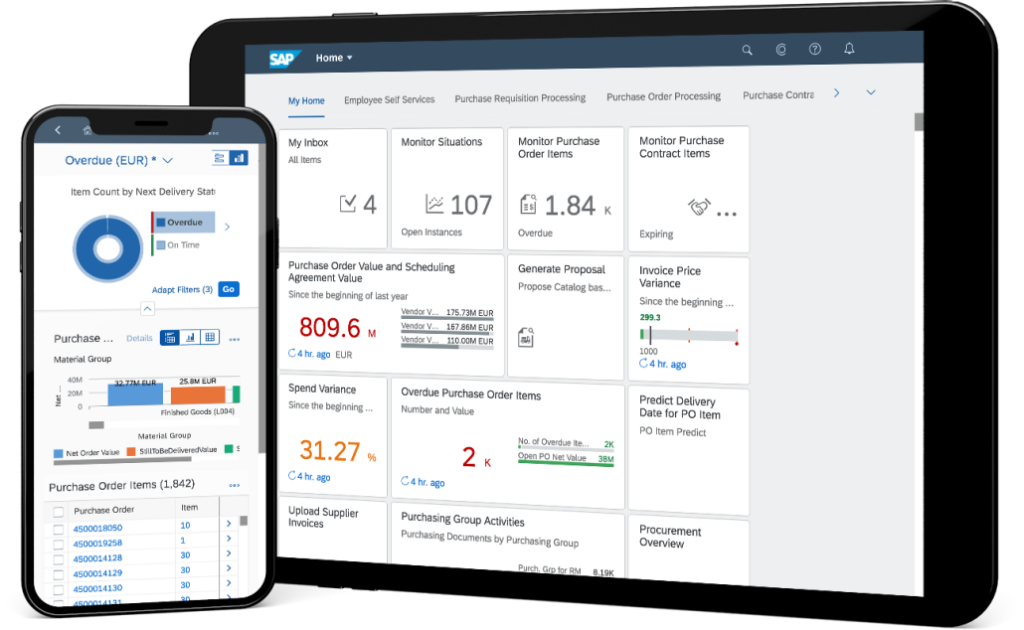
SAP offers flexible pricing plans for its Cloud ERP solution, allowing enterprises to choose a plan that best fits their needs and budget. Pricing is typically based on a subscription model, with costs varying depending on the modules selected, the number of users, and the level of customization required. Here is an overview of the typical pricing plans available:
Basic Plan
The Basic Plan is designed for small to mid-sized enterprises or those just starting with cloud ERP. It includes essential modules such as financial management, procurement, and basic analytics. This plan is ideal for businesses looking to streamline core processes without needing extensive customization. Pricing for the Basic Plan is competitive, making it accessible for smaller organizations.
Professional Plan
The Professional Plan caters to mid-sized to large enterprises that require more advanced functionalities. In addition to the core modules, this plan includes enhanced features such as advanced financial planning, supply chain management, and comprehensive HR capabilities. The Professional Plan also offers greater customization and integration options, providing a more tailored solution. Pricing is higher than the Basic Plan but offers a significant return on investment through increased efficiency and visibility.
Enterprise Plan
The Enterprise Plan is the most comprehensive offering, suitable for large enterprises with complex, multifaceted needs. It encompasses all available modules, including industry-specific solutions, advanced analytics, and machine learning capabilities. The Plan also includes premium support services to ensure smooth implementation and ongoing optimization. The Enterprise Plan is priced at a premium level, reflective of its broad scope and potential for substantial business transformation.
Custom Plan
For businesses with unique requirements that do not fit into the predefined plans, SAP offers Custom Plans. These are tailored solutions designed to meet the specific needs of an organization, incorporating selected modules and features. SAP works closely with such enterprises to outline the functionalities required and develop a pricing structure that aligns with their operational and strategic goals.
Key Benefits of SAP Cloud ERP
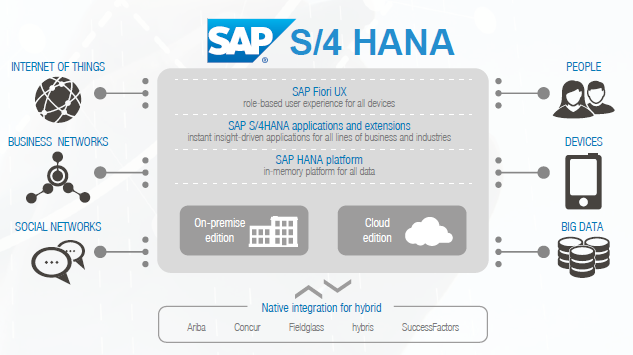
Scalability
One of the standout benefits of SAP Cloud ERP is its scalable infrastructure, which is designed to grow with your business. As a cloud-based solution, it can easily accommodate the addition of new users, modules, and capabilities without the need for significant upfront investments in hardware or software. This scalability ensures that enterprises can quickly adapt to market changes, expand into new territories, and respond to increasing customer demands without being hampered by technical limitations.
Security
In an era where data breaches and cyber threats are becoming increasingly common, the security features of SAP Cloud ERP provide peace of mind. The platform is equipped with state-of-the-art security measures, including advanced encryption, regular security patches, and compliance with global standards like GDPR. Businesses can rest assured that their sensitive data is protected against unauthorized access and cyber attacks, allowing them to focus on their core operations with confidence.
Customizability
SAP Cloud ERP offers a high degree of customizability, enabling businesses to tailor the software to meet their unique needs. Through a user-friendly interface and configurable dashboards, companies can adjust workflows, reports, and analytics to align with their specific processes and goals. This customizability ensures that enterprises can leverage the full potential of the software to drive efficiency and innovation.
Cost-effectiveness
Adopting SAP Cloud ERP can be a cost-effective solution for many businesses. The cloud-based nature of the platform means businesses can save on the expenses associated with maintaining on-premise hardware and software. Additionally, the flexible subscription pricing model allows businesses to pay only for the services and modules they use, making it easier to manage budgets and achieve a positive return on investment.
Getting Started with SAP Cloud ERP
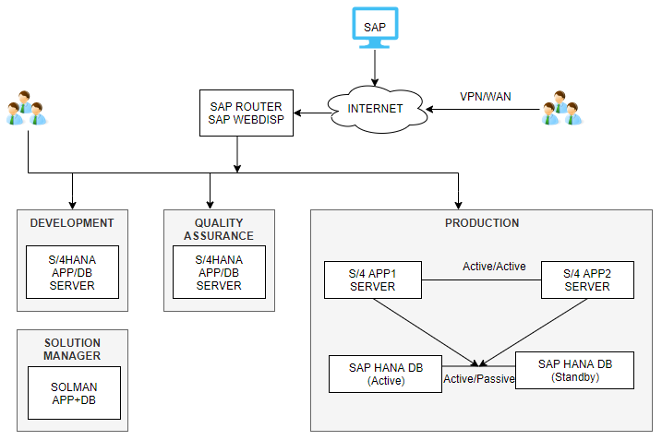
Getting started with SAP Cloud ERP involves a well-structured implementation process to ensure a smooth transition and optimal utilization of the software. Here are the key steps to follow:
Needs Assessment
Begin by conducting a thorough needs assessment to identify the specific requirements and objectives of your business. This involves consulting with various stakeholders, including department heads, IT personnel, and end-users, to gather insights into the current challenges and desired outcomes. Understanding these needs will help in selecting the appropriate modules and features in SAP Cloud ERP.
Planning and Design
Once the needs are identified, the next step is to create a detailed implementation plan. This includes outlining the project scope, setting timelines, defining roles and responsibilities, and establishing milestones. Planning is crucial to ensure that all aspects of the implementation process are covered and that potential risks are mitigated. Design involves mapping out the configuration of the system to align with your business processes.
Data Migration
Data migration is a critical phase where existing data from legacy systems is transferred to the new SAP Cloud ERP platform. This step requires cleansing and validating data to ensure accuracy and integrity. Proper data migration is imperative for maintaining business continuity and achieving reliable reporting and analytics.
Configuration and Customization
Configuring and customizing the SAP Cloud ERP system according to your specific needs is the next step. This could involve setting up user roles, configuring workflows, integrating with other business applications, and creating custom reports. The goal is to tailor the system so that it aligns perfectly with your business processes and goals.
Testing
Before going live, it’s important to thoroughly test the system to identify and resolve any issues. This involves conducting various tests such as unit testing, integration testing, and user acceptance testing. Ensuring that the system functions correctly and meets user expectations is vital for a successful rollout.
Training
Proper training is necessary to help users get acquainted with the new system and utilize it effectively. Conduct training sessions for different user groups, focusing on their specific roles and responsibilities within the ERP system. Comprehensive training will help minimize resistance and enhance user adoption.
Go-live and Support
The final step is to go live with the SAP Cloud ERP system. During this phase, closely monitor the system’s performance and provide support to users as they transition to the new platform. Post-implementation support is critical to address any issues that may arise and to ensure that the system delivers the expected benefits.
By following these implementation steps, businesses can take full advantage of SAP Cloud ERP’s powerful capabilities, driving efficiency, scalability, and growth.
Real-world Case Studies
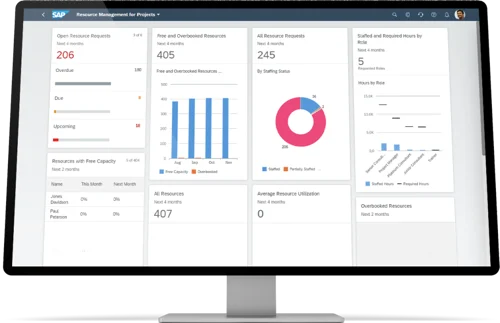
To illustrate the transformative power of SAP Cloud ERP, let’s explore some real-world case studies where businesses have leveraged the platform to achieve significant improvements in their operations.
Improving Operational Efficiency at TechFirm Inc.
TechFirm Inc., a mid-sized technology company, faced challenges in managing their complex supply chain and inventory processes. By implementing SAP Cloud ERP, they were able to streamline their operations substantially. The integrated system provided real-time visibility into their inventory levels, allowing them to make data-driven decisions about stock replenishment and production schedules. Automating these processes reduced the lead times by 25% and lowered overall inventory costs by 15%. Moreover, the user-friendly dashboards enabled their team to monitor key performance indicators (KPIs) easily, leading to better resource allocation and increased productivity.
Enabling Global Expansion for RetailCo
RetailCo, a fast-growing retail chain, utilized SAP Cloud ERP to support their ambitious expansion plans. The scalable cloud solution allowed them to quickly onboard new stores and integrate them into their existing systems without massive capital expenditure. With SAP Cloud ERP’s robust financial management capabilities, RetailCo was able to maintain accurate financial records across all locations, ensuring compliance with local regulations and simplifying the consolidation process. This newfound efficiency accelerated their market entry in multiple countries and supported a 40% year-over-year revenue growth.
Enhancing Customer Service at HealthCare Solutions
HealthCare Solutions, a provider of medical equipment, leveraged SAP Cloud ERP to enhance their customer service operations. Previously, their customer support team struggled with disparate systems that hindered their ability to provide timely assistance. By unifying their processes under the SAP platform, they gained real-time access to customer data, service history, and inventory levels. This integration significantly increased their first-call resolution rate and reduced the average handling time by 30%. The improved customer experience not only boosted satisfaction scores but also contributed to a 20% increase in repeat business.
The Future of Enterprise with SAP Cloud ERP
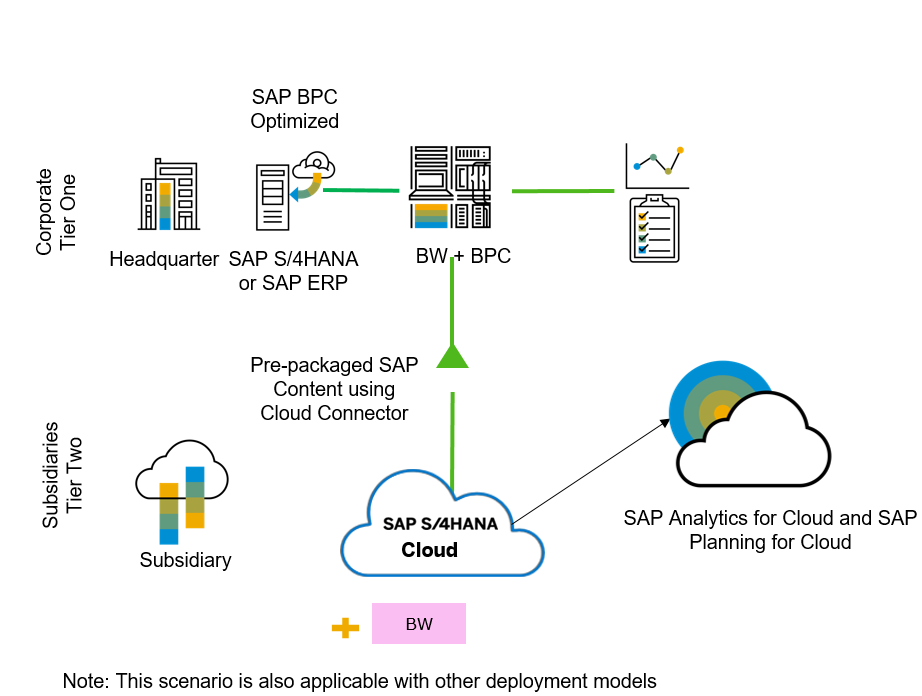
As technology continues to evolve, the future of enterprise solutions like SAP Cloud ERP looks incredibly promising. One of the key trends is the integration of artificial intelligence (AI) and machine learning (ML) into the platform. These advanced technologies have the potential to further enhance decision-making processes by providing predictive analytics, automating complex tasks, and identifying inefficiencies that human analysis might overlook. For instance, AI-driven insights can help businesses forecast demand more accurately, optimize supply chain operations, and personalize customer experiences.
Another important development is the increasing use of the Internet of Things (IoT) within SAP Cloud ERP. IoT enables the connection of physical devices to the internet, allowing for real-time data collection and improved asset management. In industries such as manufacturing, healthcare, and logistics, IoT can enhance operational efficiency by providing up-to-the-minute information on equipment performance, inventory levels, and environmental conditions.
Conclusion
SAP Cloud ERP is more than just a software solution—it’s a strategic tool that can drive significant improvements in efficiency, decision-making, and customer satisfaction. The case studies presented here highlight its versatile applications across different industries, emphasizing its role in transforming business operations. Enterprise businesses looking to stay ahead in the competitive landscape should consider the power of SAP Cloud ERP.
Ready to transform your business operations? Learn more about how SAP Cloud ERP can benefit your enterprise, and take the first step towards a more efficient and secure future.
